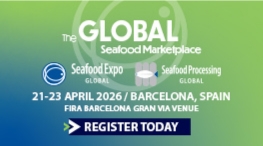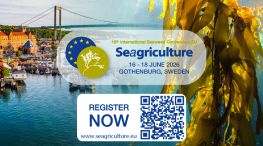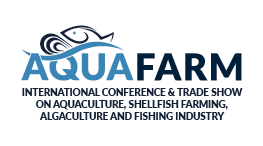This article was featured in Eurofish Magazine 5 2025.
The Latvian fishing industry is calling for more resources to be invested in studying the causes behind changes to the Baltic Sea ecosystem.
Like their counterparts elsewhere in the Baltic, Latvian fishers face growing challenges from European Commission decisions. One key change came into force on 9 January 2024, when Regulation (EU) 2023/2842 amended the EU fisheries control framework. The rules, phased in until 2028, include stricter requirements for landing and weighing catches. From July 2024, the margin of tolerance in catch reporting was reduced to 10% per species, rather than 10% of the total catch. This has hit the Baltic Sea fisheries hardest, particularly in the Gulf of Riga where, in addition to sprat and herring, fishers also target five other species. Many fear they face a choice between compliance and giving up fishing altogether.
Seeking workable solutions
To mitigate these impacts, a working group was quickly formed, including representatives from the Ministry of Agriculture, the scientific institute BIOR, the State Environmental Service, and fishing organisations. Negotiations with the European Commission secured more flexible weighing procedures, based on five samples per landing, valid until the end of 2026. Looking ahead, one option is to obtain EU-recognised port status, which would allow to use the previous tolerance of 10% of the total catch. So far, only one certified landing site exists in Ventspils, while challenges concerning the separation of fish from ice prior to weighing remain.

Description and segmentation of the Baltic Sea (including the Gulf of Riga) offshore fleet in 2024
In 2023-2025, Latvia reduced overcapacity by scrapping eight inactive vessels, and one vessel will be scrapped in 2026, from the VL2440 offshore trawler segment, in line with fleet balancing requirements.
But the future of the fleet depends on fish stock levels. According to ICES data, stocks continue to fluctuate. Once considered stable, Gulf of Riga herring is now assessed to be in sharp decline for 2026.
Need for more research on environmental changes
Industry representatives stress that ecosystem changes – factors beyond their control – are having severe effects on Baltic fish stocks. Cod has been off limits for a decade, and other species now appear at risk. State institutions should allocate more resources to scientists so they can investigate the causes of these ecosystem changes that directly affect fish stocks in the Baltic Sea, they say. The industry is represented by two organisations, The National Fisheries Producers’ Organisation (Nacionālās zvejniecības ražotāju organizācija, NZRO), and the Latvian Fishermen’s Association (-Latvijas Zivsaimnieku asociācija, LZA). The former is a Europe-recognised producer organisation, uniting Latvia’s 12 largest fishing companies which it represents at both national and EU levels, while the latter brings together all Latvian fishing companies operating in the Baltic Sea and the Gulf of Riga.
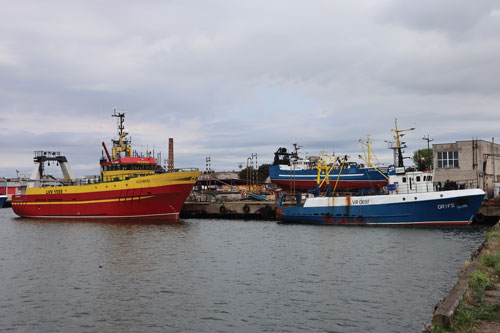
The future of the fleet depends on fish stock levels which continue to fluctuate.
Latvian fishers were pioneers in certifying Baltic sprat and herring under the Marine Stewardship Council (MSC) standard. This allows them to use the blue MSC label and access premium export markets. Today, Latvia is the only country with an MSC certificate for herring in the Gulf of Riga. A new audit this autumn will extend certification for another five years, while MSC certification of Baltic sprat is expected by the end of 2026.
Investment and innovation
Latvia’s fishing companies continue to invest in new equipment and facilities under the EMFAF 2021–2027 Fisheries Development Programme, with €10 million already committed. Plans for 2025 include new repair facilities for vessels and fishing gear. However, the sector highlights a lack of EU support for renewing vessels themselves which stands in the way of creating a more sustainable fleet.
Viesturs Ulis, Chairman of The Board
The National Fisheries Producers’ -Organisation
(Nacionālās zvejniecības ražotāju organizācija, NZRO)






